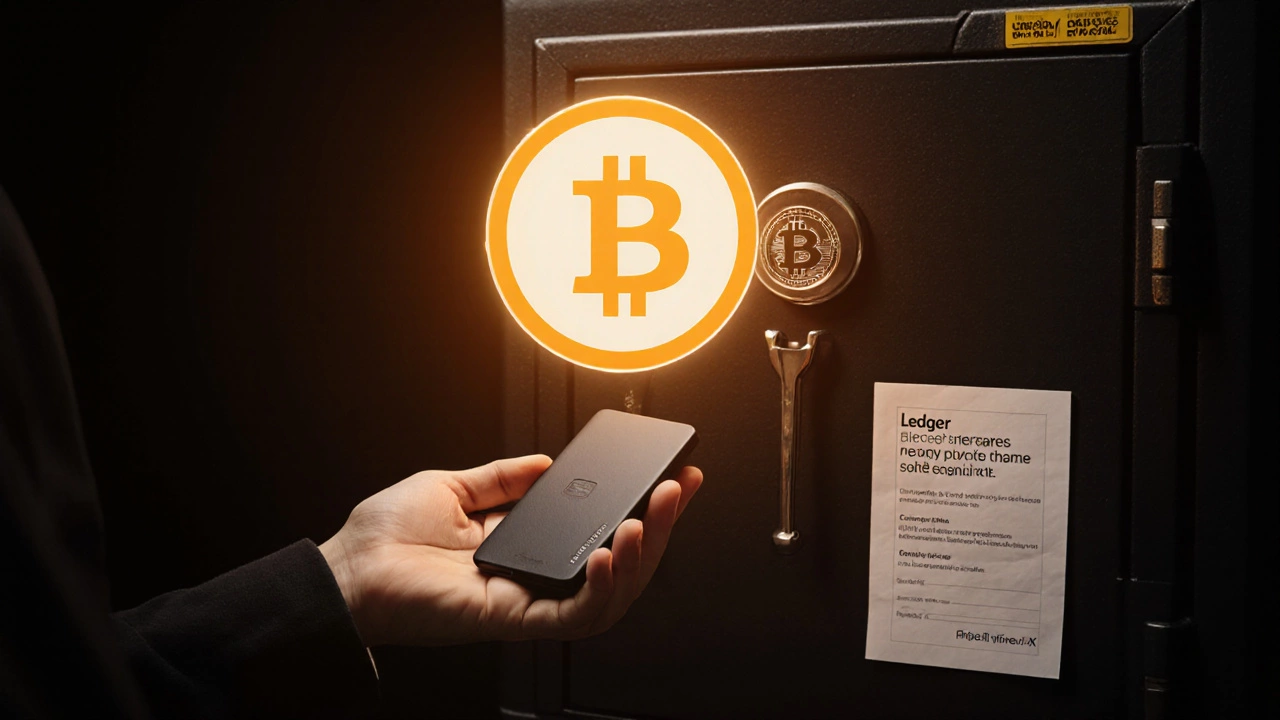Bitcoin Security: Protect Your Crypto from Theft, Hacks, and Scams
When you own Bitcoin, a decentralized digital currency that operates without banks or central control. Also known as BTC, it’s valuable because no one can freeze or reverse your transactions—unless you give away the keys. That’s the catch. If someone gets access to your private keys, your Bitcoin is gone for good. Unlike a bank, there’s no ‘forgot password’ button. No customer service to call. No refund. You’re the bank, the vault, and the guard.
That’s why private keys, unique cryptographic codes that prove you own your Bitcoin are everything. If you store them on a phone, computer, or online wallet connected to the internet, you’re risking a hack. That’s why serious holders use hardware wallets, physical devices designed to store private keys offline—like a digital safe you keep in your drawer. And for long-term holding, cold storage, keeping Bitcoin completely offline, away from any network is the gold standard. No Wi-Fi. No Bluetooth. No risk of remote access.
Most Bitcoin losses don’t come from hackers breaking into blockchains—they come from people clicking phishing links, using weak passwords, or storing keys in the wrong place. A friend of mine lost $12,000 because he saved his recovery phrase as a screenshot on his phone. Another person sent Bitcoin to a fake address because they didn’t double-check the wallet ID. These aren’t rare mistakes. They’re everyday ones.
There’s no magic tool that makes Bitcoin secure. It’s about habits. Writing down your recovery phrase on paper and storing it in a fireproof box. Never typing it into a website. Never sharing it with anyone—not even someone claiming to be from support. Using two-factor authentication where it actually matters. And always, always verifying addresses before sending.
What you’ll find in the articles below aren’t theory pieces. These are real stories, real mistakes, and real fixes from people who’ve been through it. You’ll see how people lost Bitcoin, how they recovered (or didn’t), and what steps actually work to keep your coins safe today. No fluff. No hype. Just what you need to know before your next transaction.
What Do I Do With Bitcoin Once I Buy It? A Practical Guide for Beginners

After buying Bitcoin, the real work begins. Learn how to store it safely, use it wisely, avoid scams, and handle taxes in Australia. No fluff-just what actually matters.
Read More >>